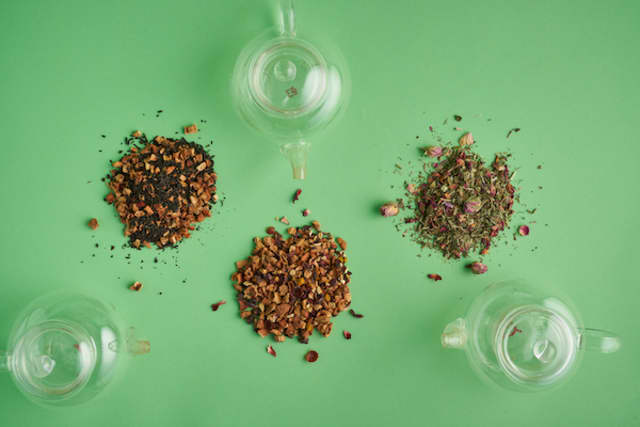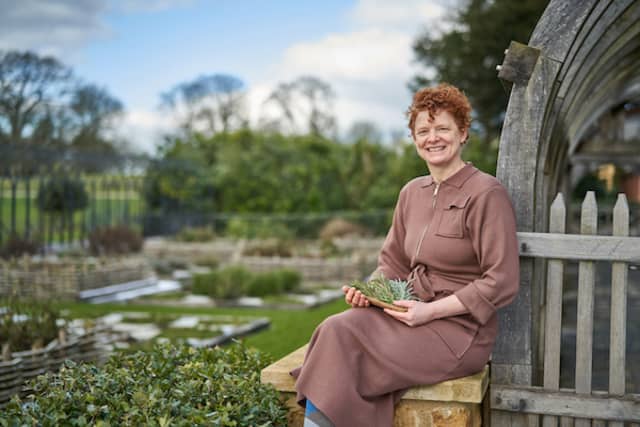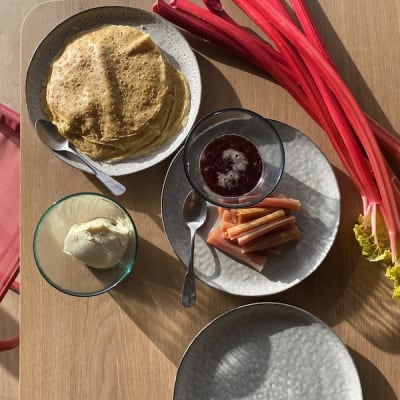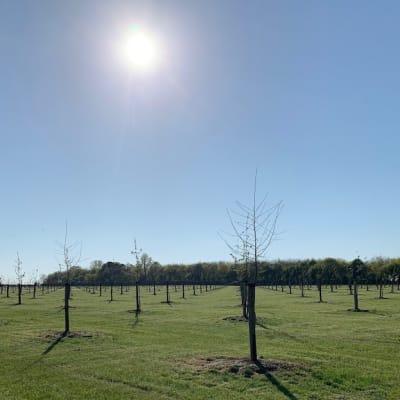“Drink your tea slowly and reverently, as if it is the axis on which the world earth revolves – slowly, evenly, without rushing toward the future. Live the actual moment. Only this moment is life.” - Thich Nhat Hanh - Buddhist monk, Zen Master and peace activist.

The simple act of brewing herbs and plants in hot water is one of the oldest and most natural forms of self care, used across every culture and continent.
Legend goes that the very first tea was drunk in 2737 BC by the founder of Chinese medicine, (the God Emperor) Shennong. Resting in the shade of a Camellia sinensis tree with boiling water to drink, dried leaves from the tree floated into Shennong’s water pot. Shennong sipped the infusion and felt immediately revived and restored.
Tea was purely a medicinal drink until the late 6th Century, and was first introduced in Britain as such. It was brought to Europe in the late 16th Century during the Age of Discovery, when natural philosophers collected new plants from around the world, learning their medicinal uses from local people.
Ever since, there's been no doubting the healing and contemplative effects of a good brew. While there is now some debate about the benefits of black tea, as our Head of Wellbeing Franziska Lang advises, when it comes to herbal teas you really can't have too much of a good thing.

Franziska is an advocate for drinking more herbal tea year-round, but especially at this time of year when we are craving sunshine. Herbs really absorb the sun, and we can take that in as we sip by imagining ourselves away to a field of lavender.
“It’s not just about the nutrients within the herbs; taking a few minutes in your day to sit and sip tea does wonders for your mindset. Even better if you can take it outside - look at the sky, breathe the fresh air, be in the moment”, says Franziska.
Our new range of herbal teas inspired by the garden include Lemon Balm, Lavender & Rosemary, and Dandelion, Rose & Cleaver. Here's some more about these ingredients and why they are so good for us:
Lemon Balm
A member of the mint family, lemon balm is considered a calming herb, used as far back as the Middle Ages to alleviate stress, ease discomfort and promote sleep. It also aids indigestion so is great to sip after supper, and the leaves can be added to epsom salts for a citrussy skin soak in the bath.
Lavender
Research suggests that lavender can help to soothe anxiety and insomnia, but it's also great for the skin. In Roman times, lavender flowers were added to baths - this is where lavender gets its name, from the Roman word lavare, which means ‘to wash’. Draw yourself a bath and add a big bunch of fresh lavender or a few drops of oil.
Rosemary
This hardy herb stimulates our immune and circulatory systems, and is believed to help provide clarity; it's said that keeping a sprig in your pocket can be useful to sniff when you need a moment of inspiration. The next best thing is adding some leaves to a teapot for contemplative brewing.
Dandelion
The complex flavours of bitter herbs are good for our gut. Dandelion stimulates the digestive system, helping to flush out toxins, and is easy to find in most gardens - just be sure the plants haven't been treated with any chemicals before you harvest them.
It's best to harvest the plants when they are young. After cleaning and preparing, wash then pour hot water over the top of greens and leave to steep for 15-20 minutes. Strain into a cup and enjoy.
Rose
The soothing warmth of rose, as well as its inflammatory and antibacterial properties, is thought to relieve headaches and provide a sense of calm. Rose tea is popular in traditional Chinese medicine, used as a remedy for fatigue, mood swings, menstrual cramps and menopausal symptoms.
Cleaver
With diuretic properties, cleaver has commonly been used as a cleansing herb for treating issues from kidney and urinary disorders to infections and itching. It is excellent for skin conditions like eczema and is thought to also have a toning, firming effect on skin.
Browse our very first The Newt tea collection here.



